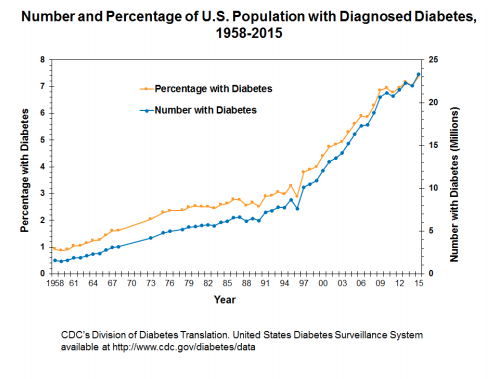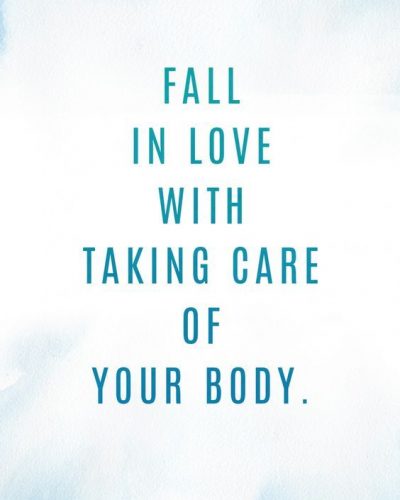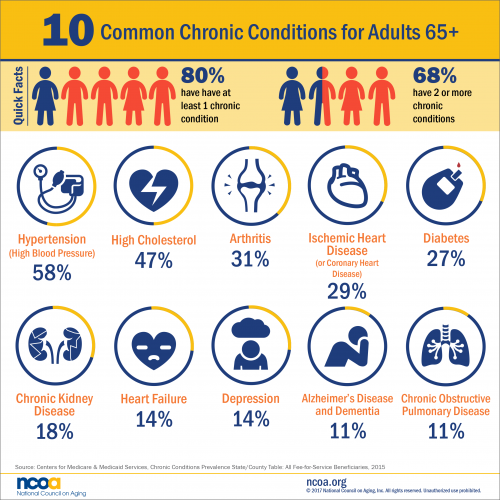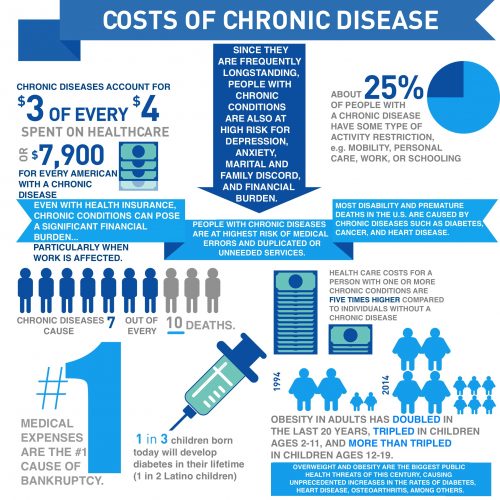Philosophy
In this section you will dive into the psychology behind behavior change and explore a variety of ways to see health (and yourself) differently. While most nutrition information focuses on WHAT to eat or HOW to cook, this page is all about the WHY. The concepts presented below will lay the foundation to help motivate you to achieve your health and lifestyle goals.
My Vision
My Mission
When it comes to your health, nutrition is the most important factor...
Acute Illnesses
- Duration: Days to months
- Onset: Can occur at any age
- Cause of Occurrence: Accidental, random, situational
- Examples: Flu, pneumonia, broken bones, wounds, urinary tract infections, food poisoning
- Treatment: Short term medications, surgery, hydration, bed rest
- Effectiveness of Treatment: Very high
Chronic Illnesses
- Duration: Years to lifetime
- Onset: Middle-age to late adulthood, sometimes much earlier
- Cause of Occurrence: Unhealthy diet, inactivity, smoking
- Examples: Diabetes, heart disease, cancer, dementia, stroke, Crohn’s disease, COPD
- Treatment: Modern medicine focuses on symptom management, not treatment. Long term medications and surgery
- Effectiveness of Treatment: Without diet and lifestyle changes, chronic illnesses most often can not be treated.
If people just did four simple things—not smoking, exercising a half hour a day, eating a diet that emphasizes whole plant foods, and not becoming obese—they may prevent most cases of diabetes and heart attacks, half of strokes, and a third of cancers.
Nutritionfacts.org
Chronic Disease in Numbers
- 66% of Americans are overweight or obese
- 37 million Americans have diabetes (10% of the population)
- In the next 25 years, an estimated 1 in 3 Americans will have diabetes
- 42% of men and 37% of women will develop some form of cancer in their lifetime (AMERICAN CANCER SOCIETY)
- 30-50% of cancer is preventable through diet, exercise, and avoiding smoking and alcohol (WHO)
- 1 person every 37 seconds dies from cardiovascular disease (heart attack, stroke)
- 650,000 Americans per year die from heart disease (1 out of every 4 deaths)
- 80% of heart disease is completely preventable (CDC)
- #1 cause of bankruptcy is medical bills
Risk Factors for Chronic Disease
One common misconception is that chronic disease is the result of family history or bad genetics. Current research shows that the majority of our risk actually comes from nutrition, with these other factors playing a much smaller role. For example, members of the same family can have significantly different risk levels based on individual dietary habits. And in some areas around the globe, disease rates are very low even among the most genetically susceptible populations. These scenarios, among many others, are part of a growing body of scientific evidence demonstrating that nutrition in the single largest determinate of most chronic diseases.
- Over the past half century, chronic disease rates have increased exponentially. Since 1958, diabetes has increased from 1% of the population to almost 10% (CDC). If chronic disease risk was purely genetic, we would expect this graph to be much more flat.
- When people move, their disease risk changes to that of their new country or region if they adopt the same eating pattern. This change in risk can occur within one generation, much quicker than genes.
- When people move, their disease risk changes to that of their new country or region if they adopt the same eating pattern. This change in risk can occur within one generation, much quicker than genes.

There is a huge sector of nutrition research called epigenetics which is dedicated to studying the effects of diet on gene expression. They have discovered that specific dietary patterns, and even individual foods, have the power to turn our genes on and off, including those responsible for cancer. IN ONE STUDY, participants with breast cancer who ate the most soy had a 40% increased 5-year survival rate. IN ANOTHER STUDY, diet had more than twice the effect of genes on the development of Alzheimer’s disease among one population with a high genetic susceptibility.
For many people, family history and genetics are more of an indication of dietary patterns than they are of absolute disease risk. Moreover, I have found that this approach to disease prevention can often create a victim-like mentality. A much more effective strategy is focusing on diet because not only is it more effective, but it puts you back in control of your health. You can’t change your family, but you can change what you put on your plate.
If you would like to learn more about diet and disease prevention, I highly recommend that you watch this 1-HOUR LONG PRESENTATION by Dr. Michael Greger.
How to Predict Chronic Disease: "The Trifecta"
Three of the most common chronic illnesses, or what I call “the trifecta”, are high blood pressure, elevated lipid panel, and obesity. The trifecta is the prerequisite for nearly all more serious chronic diseases. This is most applicable to heart disease, but it is often the case with other chronic illnesses such as stroke, dementia, kidney failure, and some cancers.
Of the thousands of patients I have worked with at the hospital, I have yet to meet one who had a heart attack, dementia, or diabetes that didn’t have at least 2 of the 3 prerequisites. I recommend using the trifecta as a predictive tool to determine if you are at risk for more serious health problems. If you can improve or even reverse these three conditions, you can dramatically improve your risk for developing a more serious chronic disease. To learn more about these three conditions and how to prevent them, please watch this short video I created on the topic here.
If your WHY isn't strong enough, your excuses will be!
Why Do People Fail at Dieting?
The primary reason people fail when changing their diet (or at any endevor) is that they do not completely submerse themselves in their create a culture of health. In other words, they don’t become immersed in their commitment. Health is more than just what you buy at the grocery store. YOU NEED TO CREATE HEALTH IN EVERY ASPECT OF YOUR LIFE. This means changing what you buy at the store, throwing out the junk food at home (ALL of it), cleaning out the fridge and cabinets, changing where you dine out (or if you go out to eat at all). You may find as you start to eat healthier, that you don’t want to sacrifice your hard work for an unhealthy meal at a restaurant you used to enjoy. If you can find a partner that is also committed to eating healthy, that is a huge win.
As your commitment grows, you may find the need to throw out the deep fryer, BBQ, ice cream maker, or other appliances. Buy a nice high-powered blender, food processor, sorbet maker, juicer, or steamer basket as a way to CREATE OPTIONS for healthy meal preparation. You will likely have to pack your lunch or bring meals with you when you travel. Don’t be fooled. Eating healthy isn’t restrictive, but we do live in a cult. There is just SO MUCH garbage out there labeled as “food” that unless you prepare healthy options yourself, you will only be left with processed meats, refined carbs, and a sugar comatose. One of the biggest challenges about eating healthy is one day you will realize how much toxic food there really is in the stores, at the family party, or the work social.
Aside from food and your kitchen, you may need to change what websites you visit, and start VISITINg the one’s recommended here. Or even better, find cooking sites, blogs, and other social media sites geared towards supporting a healthy lifestyle and connecting others who can help support you and your journey. Youtube channels, books, stress reduction, inspirational posters; the list is endless. I dare say you may even need to find new circles of friends. You may have that one friend that always likes to go to the bar, or get pizza (or both); the one who skips the gym, and would rather sit on the couch than go hiking or try a new recipe. You like them as a friend, but I you may like your new healthy lifestyle even more. Not only will you get healthier, but other aspects of your life will change for the better as well. You may find that you have more mobility, you can go hiking, play with your children at the park, or do activities you couldn’t do before. You will create an amazing life for yourself just by eating healthier, but it will require that you give up stuff.



